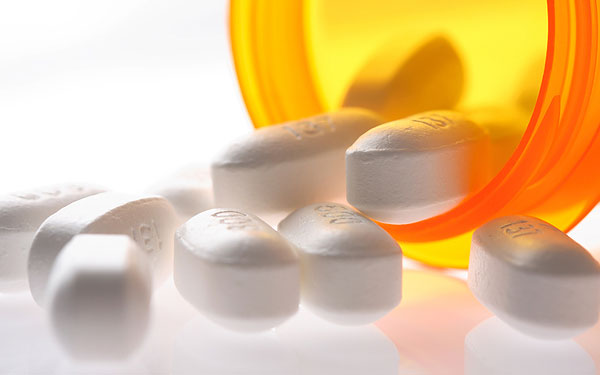Walmart to pay an estimated $120 million to fund treatment resources in Pennsylvania
HARRISBURG – Attorney General Josh Shapiro on Tuesday announced that he has reached a settlement with Walmart to resolve allegations that the company contributed to the opioid addiction crisis by failing to appropriately oversee the dispensing of opioids at its stores.
As part of the settlement, Walmart will pay more than $3 billion nationally, with Pennsylvania to receive an estimated $120 million, to help fund treatment resources in impacted communities.
In addition, Walmart has agreed to make significant improvements in how their pharmacies handle opioids. State attorneys general on the executive committee, attorneys representing local governments and Walmart have agreed to this settlement, and it is now being sent to other states for review and approval.
Pennsylvania is estimated to receive $120 million from this settlement.
“Too many families have lost loved ones to the opioid epidemic, and too many people have lost years of their lives to addiction,” said Shapiro.
“My office is determined to hold accountable the companies that created and fueled this crisis. Companies like Walmart need to step up and help by ensuring Pennsylvanians get the treatment and recovery resources they need.
“This deal with Walmart adds to the important progress we’ve already achieved through our settlements with the opioid manufacturers and distributors – and we’re not done yet.”
The agreement is the result of a multistate investigation, led by Shapiro, into six manufacturers and three distributors for their roles in the opioids epidemic.
That investigation has led to, including Tuesday’s settlement, $43.4 billion in settlement agreements with opioid manufacturers, distributors and pharmacies.
The settlement will include:
- $3.1 billion to be divided by states that sign on, local governments, and tribes, which must be used to provide treatment and recovery services to people struggling with opioid use disorder.
- Broad, court-ordered requirements, including robust oversight to prevent fraudulent prescriptions and flag suspicious prescriptions.
The parties are optimistic that the settlement will gain support of the required 43 states by the end of 2022, allowing local governments to join the deal during the first quarter of 2023.
Further details about how the money will be distributed will be forthcoming. Last month, states confirmed that promising negotiations were also underway with Walgreens and CVS. The parties continue their efforts to achieve those agreements.
Attorneys General from Pennsylvania, North Carolina, Nebraska, New York, Ohio, California, Colorado, Connecticut, Delaware, Illinois, Indiana, Iowa, Louisiana, Massachusetts, Tennessee and Texas have served as the lead negotiators on this deal.




